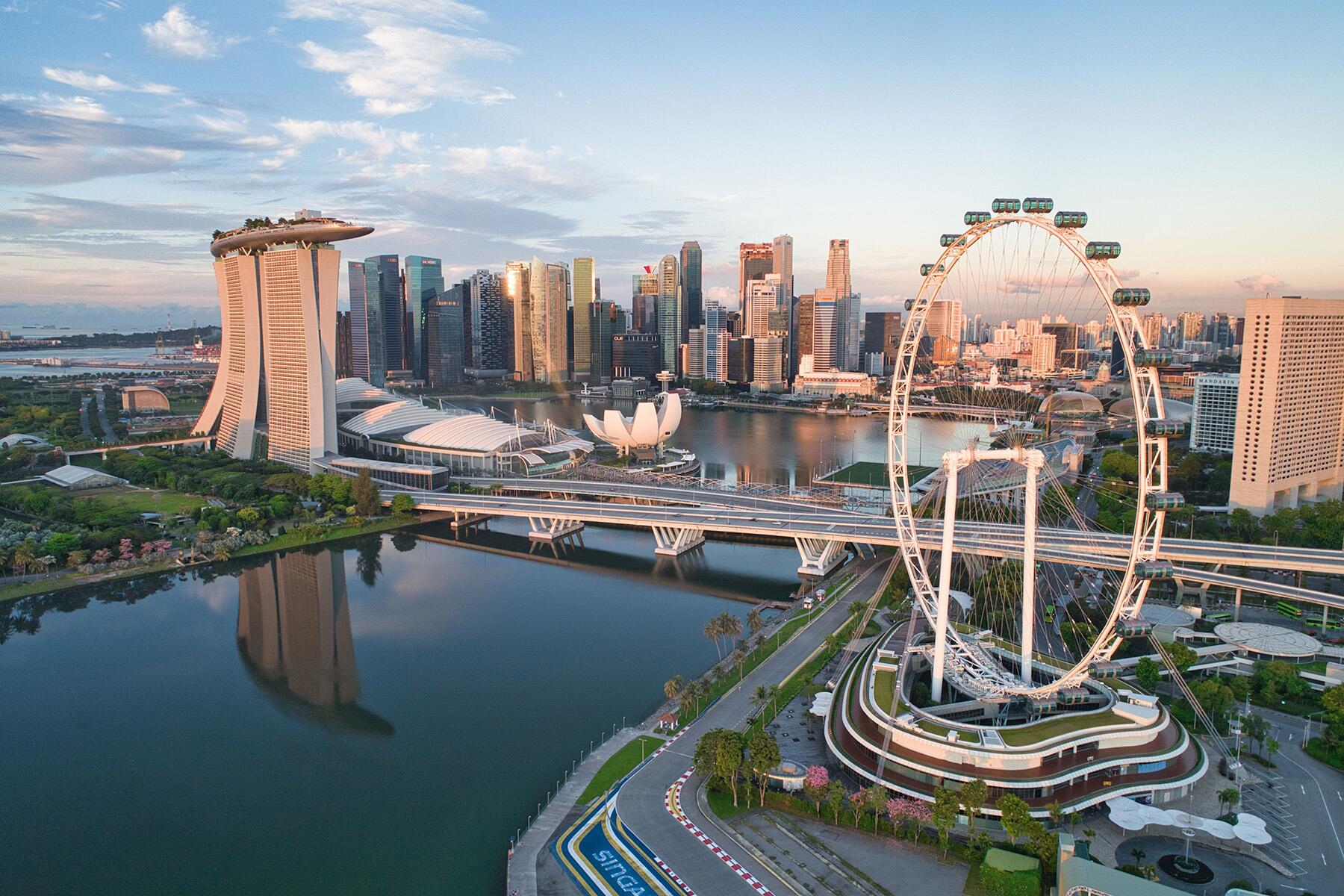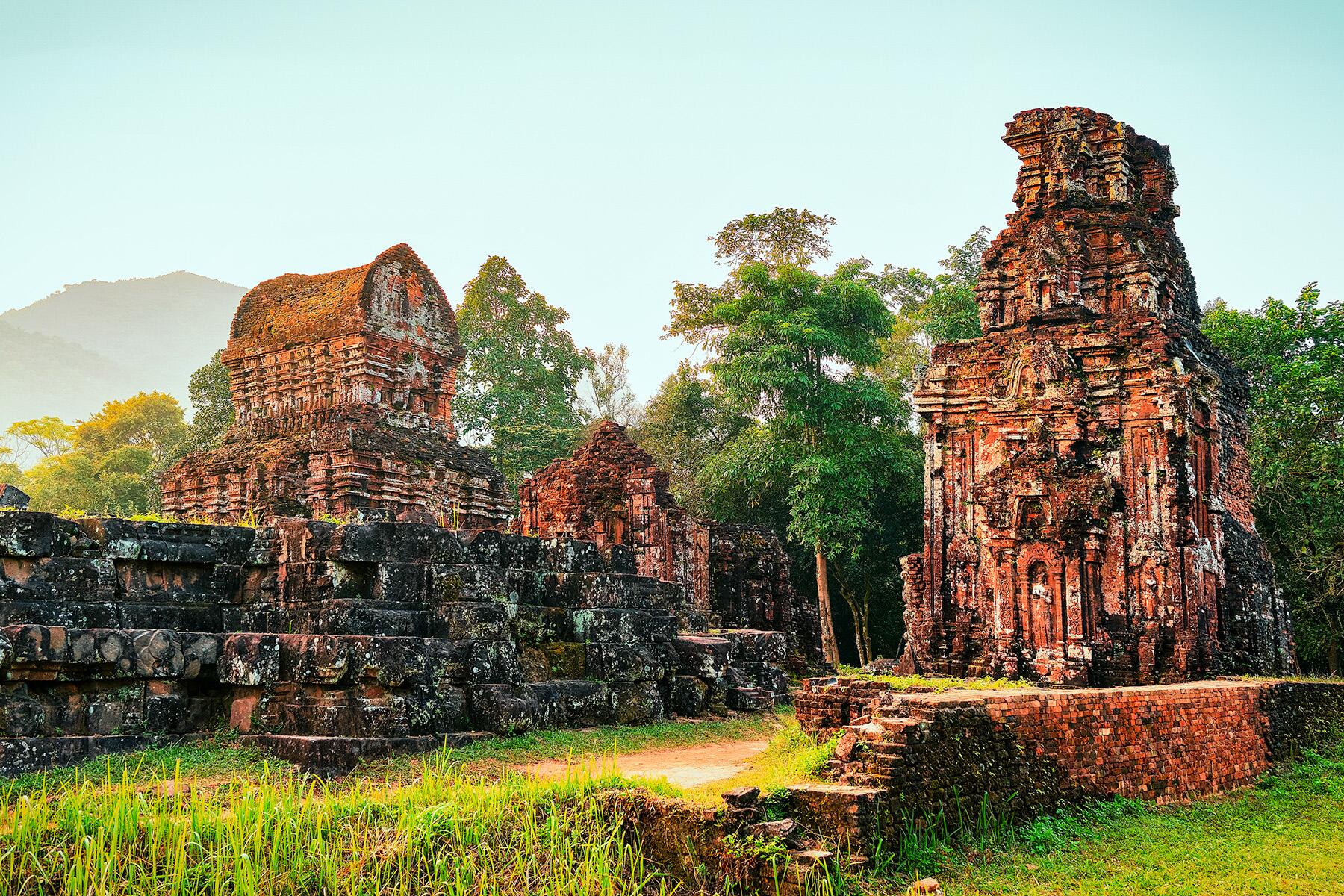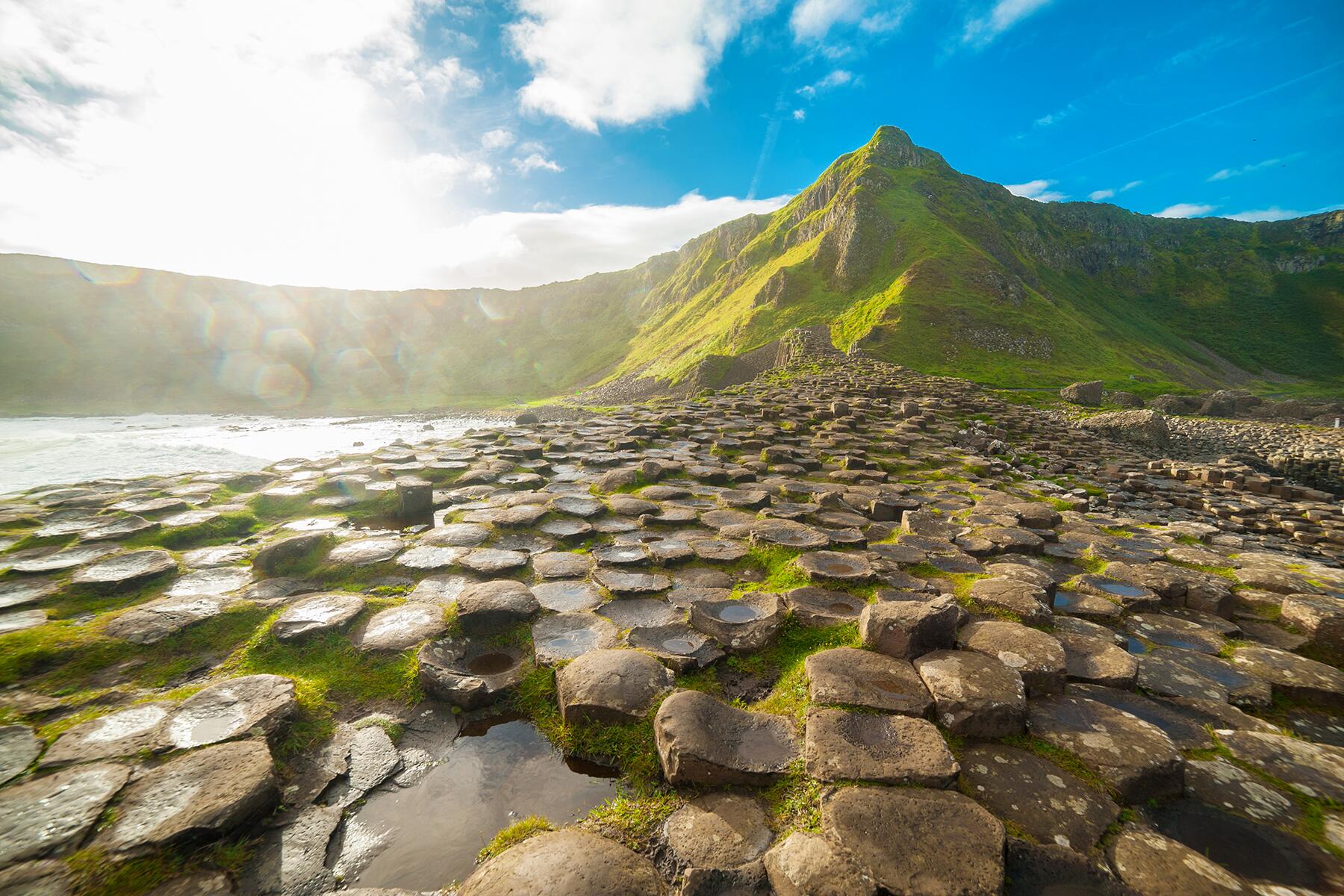Starting December 1, traveling to the Maldives can earn you points.
Staying with a hotel brand earns you points. Flying the same airlines gets you miles. Now a country is following the same principle to lure visitors.
The Maldives is introducing a loyalty program for travelers to get benefits when they visit the island nation. Maldives Border Miles, the three-tiered loyalty program initiated by Maldives Immigration, will give enrolled travelers points on every visit and duration of stay. More benefits for those who come to dip their feet in the topaz waters for a special occasion. The three levels—Bronze, Silver, and Gold—have been named Aida, Antara, and Abaarana, all derived from the Divehi language. “Aida” means a bright star in the sky, “Anatara” is something attractive and prestigious, and “Abaarana” is an honorific given to monarchs.
Now what these exclusive benefits are, is still unclear, but anything that revelers can use on the islands will be happily welcomed. A holiday at a fancy resort in the Maldives comes at a price—a couple of days in an overwater villa of a five-star resort can set you back by a few thousand dollars. So an upgrade, a free activity, or cheaper transfers between islands are definitely a good way to tempt travelers.
What’s impressive is that this has never happened before. The Maldives is the first country in the world to have a rewards program. Many others have employed different marketing strategies to revive tourism after the downturn caused by COVID-19—from offering year-long residency to pitching in for hotel costs, but this is a new strategy, and the Maldives needs all the tools to revive tourism.
Recommended Fodor’s Video
Currently, there have been over 11,000 cases reported in the Maldives and 35 deaths. Now that travel has resumed, resorts are offering great deals to travelers. In fact, Soneva has launched a “workation” package for 14-, 21-, and 30-day stays at its properties in the Maldives and Thailand. The Residence, too, has introduced a Book Now, Stay Later package with 50% off on the best available rates.
But is it all enough?
The Impacts of COVID-19
After three months of no arrivals, the Maldives opened its borders to international travelers on July 15, with 43 operational resorts and safety guidelines that didn’t include a negative test earlier but was mandated in September after a spike in cases (read updated guidelines here). Many other resorts opened in August and September, and by the end of October, 146 of its 156 resorts (94%) will be operational. India, which is the second market for the Maldives, has started an air bubble and resorts are trying to draw them back to the white-sand beaches.
However, the numbers are dismally low. The country that’s home to more than 1,000 islands welcomed 1.7 million tourists in 2019 and was expecting to hit 2 million this year. COVID derailed those plans. In August, just 7,628 people arrived, according to official statistics—a huge drop from almost 150,000 a month.
In addition to the COVID negative test that’s required to get a visa in the Maldives, some resorts are also conducting their own tests on arrival and taking safety precautions that include a doctor or medical facility on-site and regular temperature checks and social distancing. For travelers who require a negative test to fly back to their country, resorts can also facilitate it. At the airport, there are non-intrusive tests conducted, and those who show symptoms are isolated.
All these precautions may be in place, but it’s still not enough to bring people in. Countries have yet to open international borders and some have strict guidelines for travelers that may be a deterrent. In the U.S., there’s a level 3 travel advisory for the Maldives, which recommends citizens to avoid all non-essential travel.
The South Asian island depends on tourism massively—it accounts for two-thirds of its GDP. Due to the pandemic, the country shut down for almost three months and, according to a report by UNDP, it may result in a 50% or more decline in tourist arrivals in 2020. The economy may shrink as much as 9% this year. The reward program, starting this December, may help tourism, but the country will still just get a small slice of the pie of tourism it enjoyed earlier.



